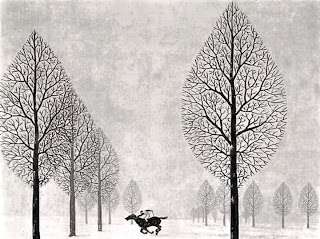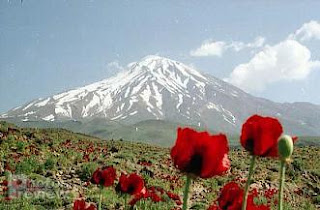The Pale Blue Dot
"The Pale Blue Dot" is the name of a famous image of our blue planet "Earth" from six billion kilometres away, taken by the NASA probe Voyager 1.
The video was inspired by this image of the Earth.
Sagan pointed out that "all of human history has happened on that tiny pixel, which is our only home":
The Pale Blue Dot
کلیپ کوتاه فوق بخشی از کتاب صوتی «نقطه آبی کمرنگ» نوشته کارل ساگان است
نقطه آبی کمرنگ نام تصویر بسیار معروفی است از سیاره زمین که از فاصله شش میلیارد کیلومتری توسط کاوشگر وویجر ۱ ناسا گرفته شده است
ویدیوی فوق الهام گرفته از این تصویر زمین از فاصله دور است










































.jpg)



